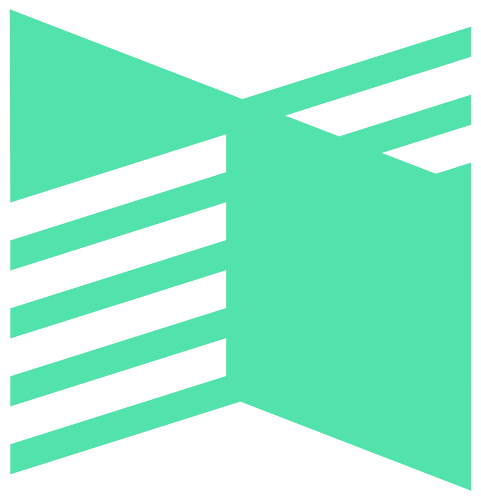
Manifold
Mission
Key Achievements
Grants
Technical Development
Publishers
Publications
Technical Attributes
Maintenance Status
Code License
Technical Attribute Statements
Technology Readiness Level
- Actual system proven in operational environment
Code Licenses Used
- GNU General Public License (GPL)
Content Licensing
Standards
Hosting Options
- Through third party vendor only
Service Providers
Community Engagement
Community Engagement
Community Statements
User Contribution Pathways
- Contribute to code
More About Community Engagement
Community Engagement Activities:
Policies & Governance
Governance Summary
Manifold is a collaboration between the CUNY Graduate Center, the University of Minnesota Press, and Cast Iron Coding. Additional governance information was not provided, and will be updated as made available.
Policies
Commitment to Equity & Inclusion
Web Accessibility Statement
Policy Statements
Board Structure
- Advisory board or steering committee
Community Governance
- None
Additional Information
Organizational History
Organizational Structure
Business or Ownership Model
Current Affiliations
- CUNY Graduate Center, the University of Minnesota Press, and Cast Iron Coding
Funding
Primary Funding Source
- Program service revenue
Funding Needs
Funding will enable us to develop new features that have been requested by our publishers, such as:
OAI-PMH feed: To help facilitate the inclusion of Manifold projects in library and agency collections, we are going to expose Manifold metadata via instance-specific OAI-PMH feeds.
External authentication: We will develop and document options for integrating Manifold with external login via LDAP, Oauth, or SAML. When configured with a university’s authentication management system, students will be able to log into Manifold using their existing school credentials. This will ease one of the major barriers to using Manifold in the classroom, which currently involves the creation of a new account or authentication through third-party services like Google or Twitter.
Resources revisited: We are going to revisit how resources display in the reader and add support for additional ways of embedding resources into texts.
Code splitting: When the Manifold client application is requested, Manifold currently returns a very large bundle that includes all code. Code splitting involves splitting this bundle into smaller bundles, which will reduce the time it takes for the initial render to take place. Reducing the bundle size will lead to improved performance, especially on low-bandwidth connections.
We will also use funding to maintain the established Manifold codebase and support the growth of the Manifold user community